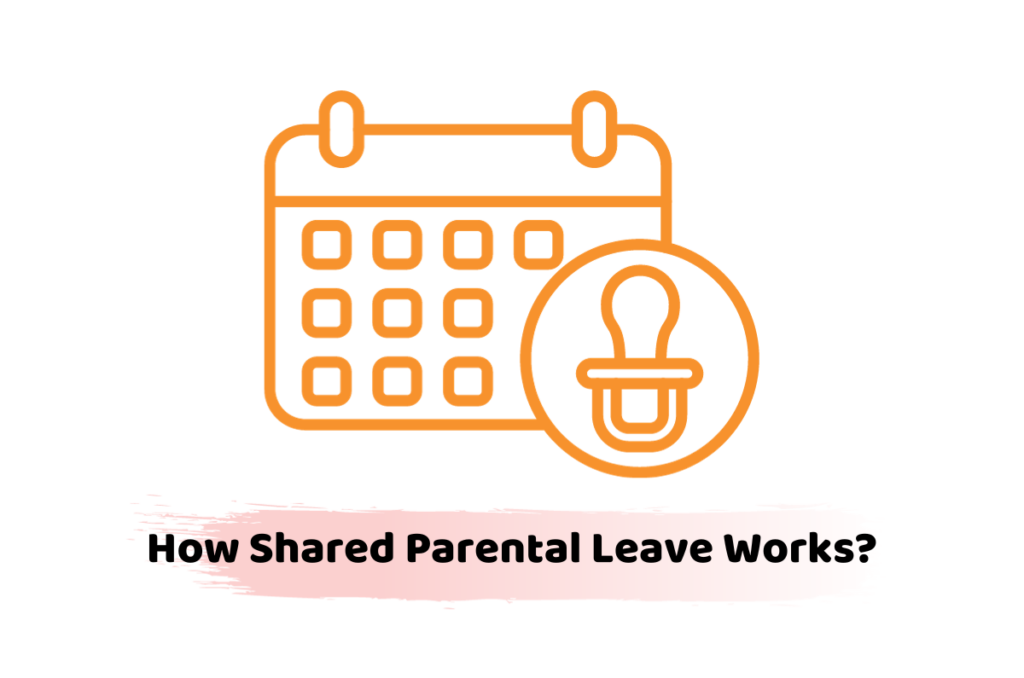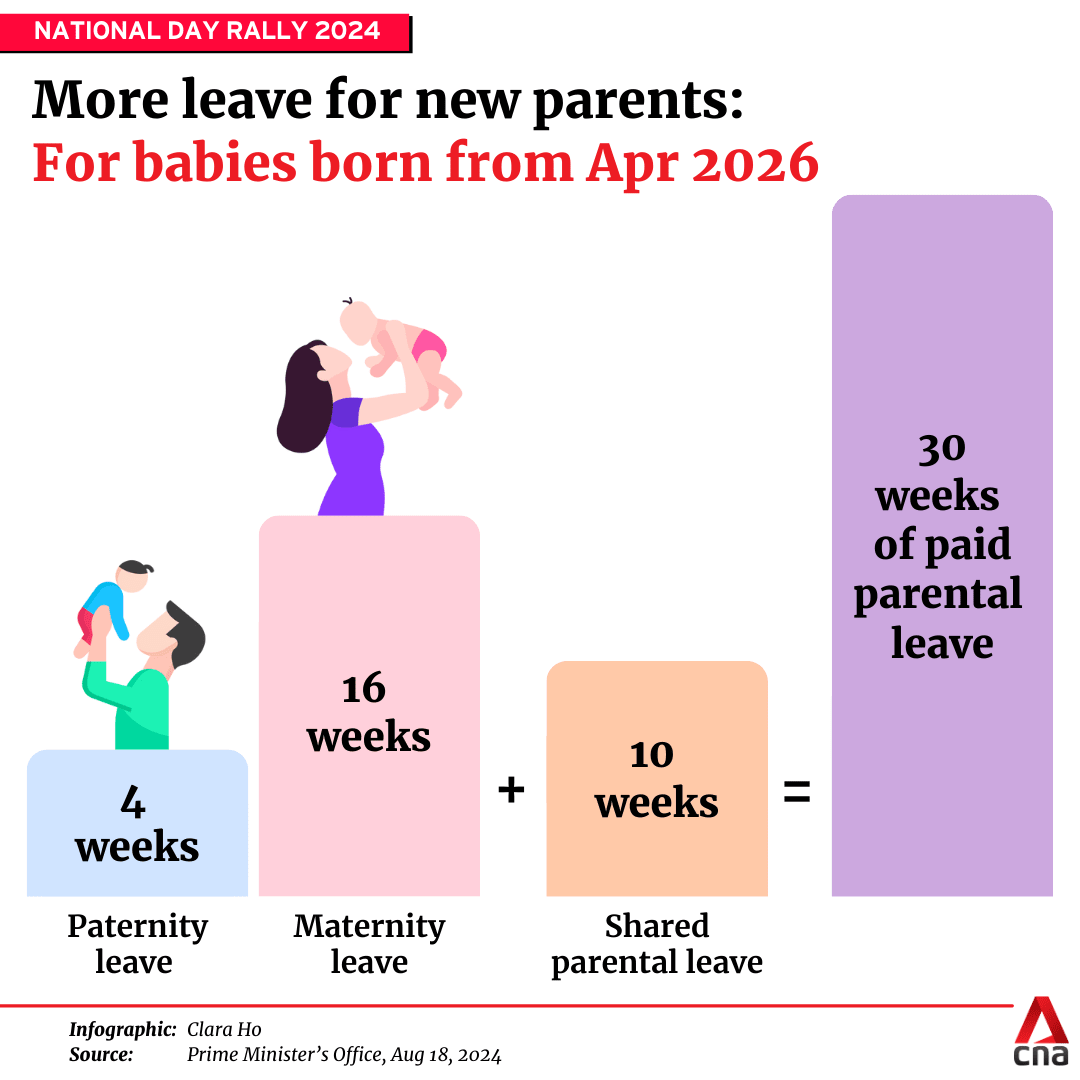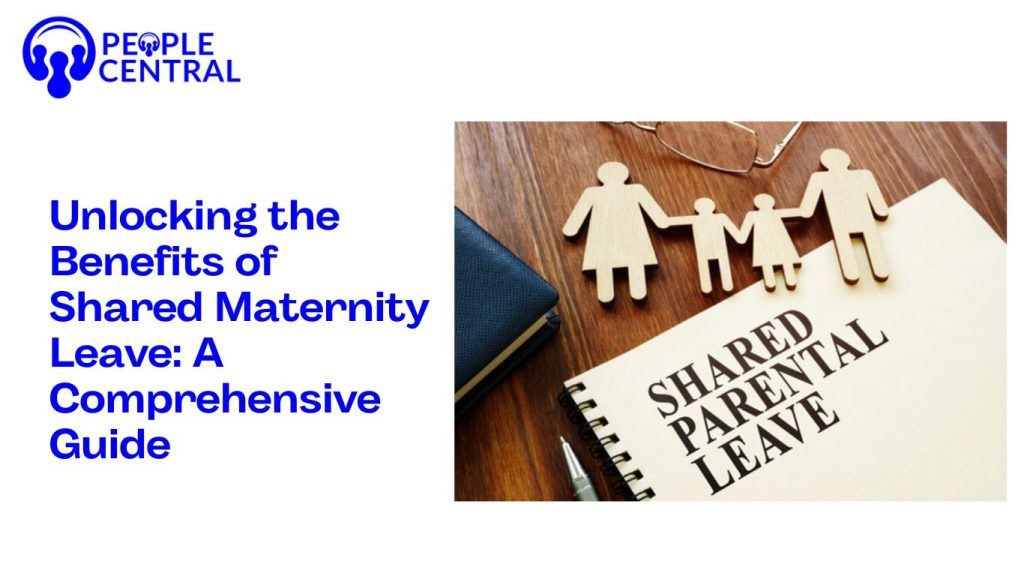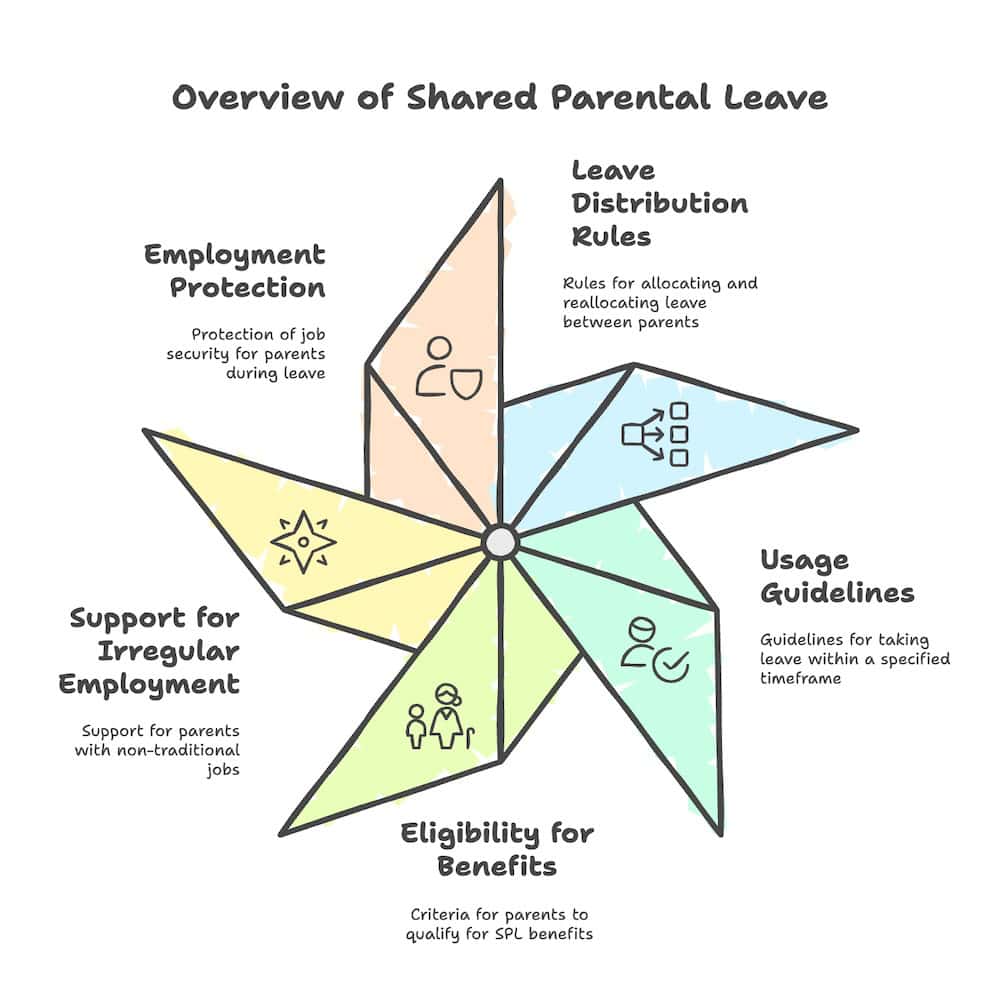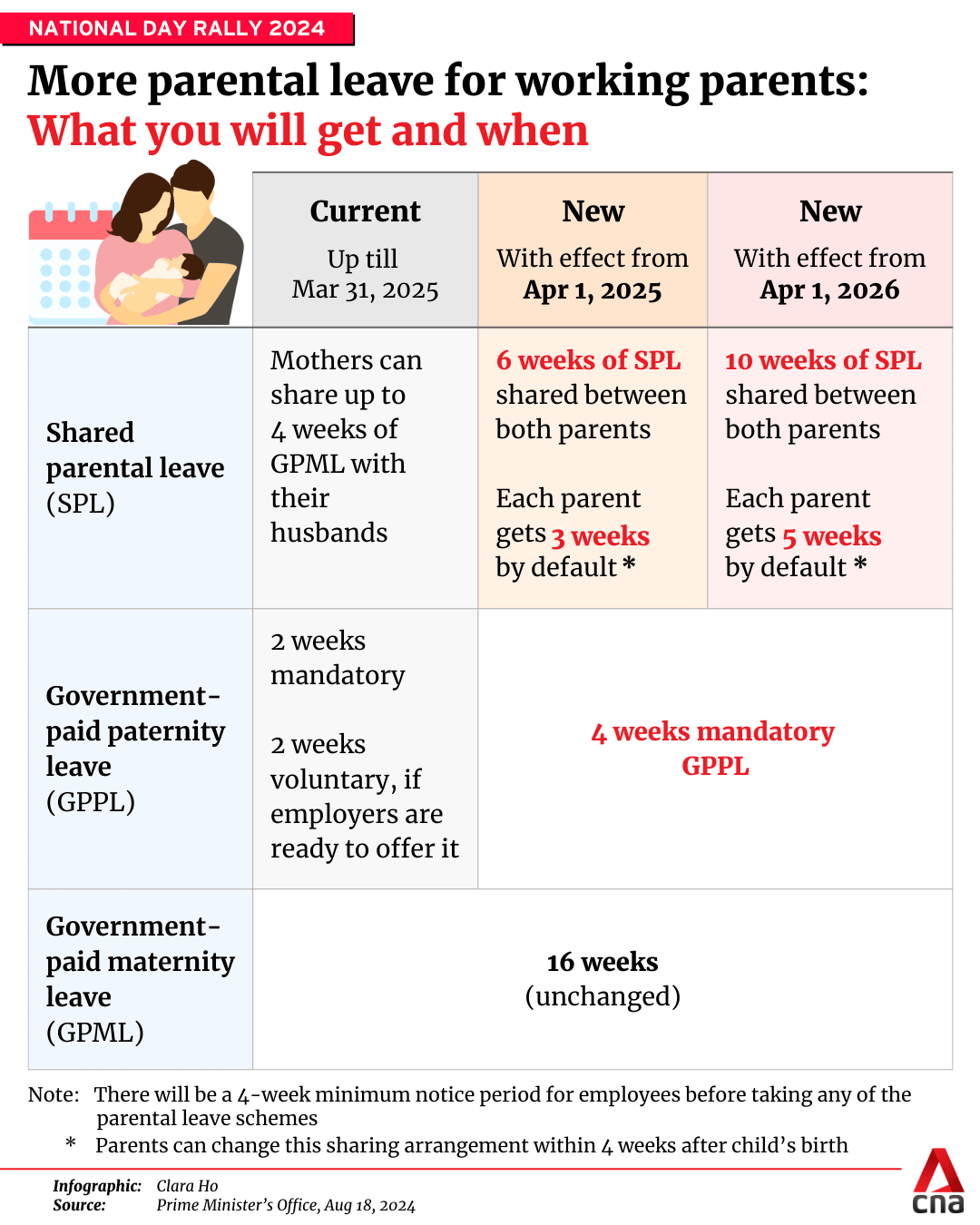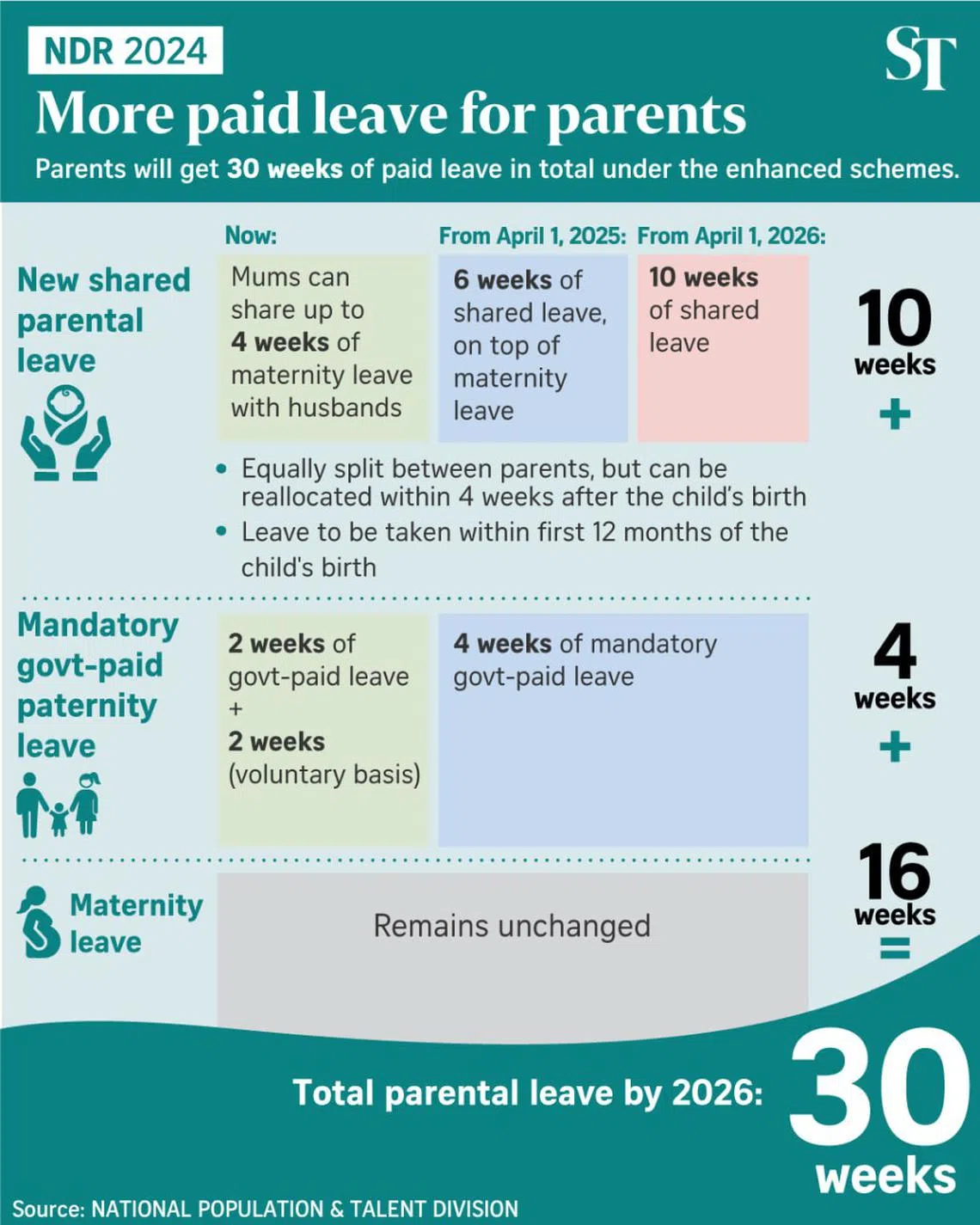Shared Parental Leave Eligibility - Learn how to share up to 50 weeks of leave and 37 weeks of pay with your partner after having a baby or adopting a child. Eligibility to start shared parental leave (spl) and statutory shared parental pay (shpp) depends on: One parent can curtail their. To qualify for shared parental leave (spl) you must share care of the child with either: Shared parental leave allows parents to share a portion of their leave entitlement after welcoming a new child. Your partner (if they live with you and the child). Whether your baby was due on or born after the.
Whether your baby was due on or born after the. Learn how to share up to 50 weeks of leave and 37 weeks of pay with your partner after having a baby or adopting a child. One parent can curtail their. Eligibility to start shared parental leave (spl) and statutory shared parental pay (shpp) depends on: Shared parental leave allows parents to share a portion of their leave entitlement after welcoming a new child. To qualify for shared parental leave (spl) you must share care of the child with either: Your partner (if they live with you and the child).
Your partner (if they live with you and the child). Eligibility to start shared parental leave (spl) and statutory shared parental pay (shpp) depends on: Learn how to share up to 50 weeks of leave and 37 weeks of pay with your partner after having a baby or adopting a child. One parent can curtail their. To qualify for shared parental leave (spl) you must share care of the child with either: Shared parental leave allows parents to share a portion of their leave entitlement after welcoming a new child. Whether your baby was due on or born after the.
Shared Parental Leave EML
Eligibility to start shared parental leave (spl) and statutory shared parental pay (shpp) depends on: To qualify for shared parental leave (spl) you must share care of the child with either: Shared parental leave allows parents to share a portion of their leave entitlement after welcoming a new child. Whether your baby was due on or born after the. Your.
Shared Parental Leave Eligibility, Entitlements, and How to Apply
Shared parental leave allows parents to share a portion of their leave entitlement after welcoming a new child. To qualify for shared parental leave (spl) you must share care of the child with either: Your partner (if they live with you and the child). Whether your baby was due on or born after the. One parent can curtail their.
How Shared Parental Leave Works in the UK? Accotax
Learn how to share up to 50 weeks of leave and 37 weeks of pay with your partner after having a baby or adopting a child. Shared parental leave allows parents to share a portion of their leave entitlement after welcoming a new child. Whether your baby was due on or born after the. To qualify for shared parental leave.
FAQ What you need to know about Singapore’s new shared parental leave
Learn how to share up to 50 weeks of leave and 37 weeks of pay with your partner after having a baby or adopting a child. Whether your baby was due on or born after the. To qualify for shared parental leave (spl) you must share care of the child with either: Eligibility to start shared parental leave (spl) and.
Shared Parental Leave s and templates for parents Doc Template pdfFiller
Eligibility to start shared parental leave (spl) and statutory shared parental pay (shpp) depends on: To qualify for shared parental leave (spl) you must share care of the child with either: One parent can curtail their. Your partner (if they live with you and the child). Shared parental leave allows parents to share a portion of their leave entitlement after.
Shared Maternity Leave in Singapore Benefits, Eligibility
Whether your baby was due on or born after the. To qualify for shared parental leave (spl) you must share care of the child with either: One parent can curtail their. Shared parental leave allows parents to share a portion of their leave entitlement after welcoming a new child. Your partner (if they live with you and the child).
Shared Parental Leave Eligibility, Entitlements, and How to Apply
Your partner (if they live with you and the child). Eligibility to start shared parental leave (spl) and statutory shared parental pay (shpp) depends on: Learn how to share up to 50 weeks of leave and 37 weeks of pay with your partner after having a baby or adopting a child. One parent can curtail their. To qualify for shared.
Shared Parental Leave Singapore 2025 Enhancements
One parent can curtail their. Shared parental leave allows parents to share a portion of their leave entitlement after welcoming a new child. Your partner (if they live with you and the child). Whether your baby was due on or born after the. Eligibility to start shared parental leave (spl) and statutory shared parental pay (shpp) depends on:
FAQ What you need to know about Singapore’s new shared parental leave
Shared parental leave allows parents to share a portion of their leave entitlement after welcoming a new child. Whether your baby was due on or born after the. Your partner (if they live with you and the child). Learn how to share up to 50 weeks of leave and 37 weeks of pay with your partner after having a baby.
NDR 2024 10 extra weeks of shared parental leave; total of 30 weeks
Eligibility to start shared parental leave (spl) and statutory shared parental pay (shpp) depends on: One parent can curtail their. Whether your baby was due on or born after the. Shared parental leave allows parents to share a portion of their leave entitlement after welcoming a new child. Your partner (if they live with you and the child).
Whether Your Baby Was Due On Or Born After The.
Learn how to share up to 50 weeks of leave and 37 weeks of pay with your partner after having a baby or adopting a child. Your partner (if they live with you and the child). One parent can curtail their. To qualify for shared parental leave (spl) you must share care of the child with either:
Eligibility To Start Shared Parental Leave (Spl) And Statutory Shared Parental Pay (Shpp) Depends On:
Shared parental leave allows parents to share a portion of their leave entitlement after welcoming a new child.


